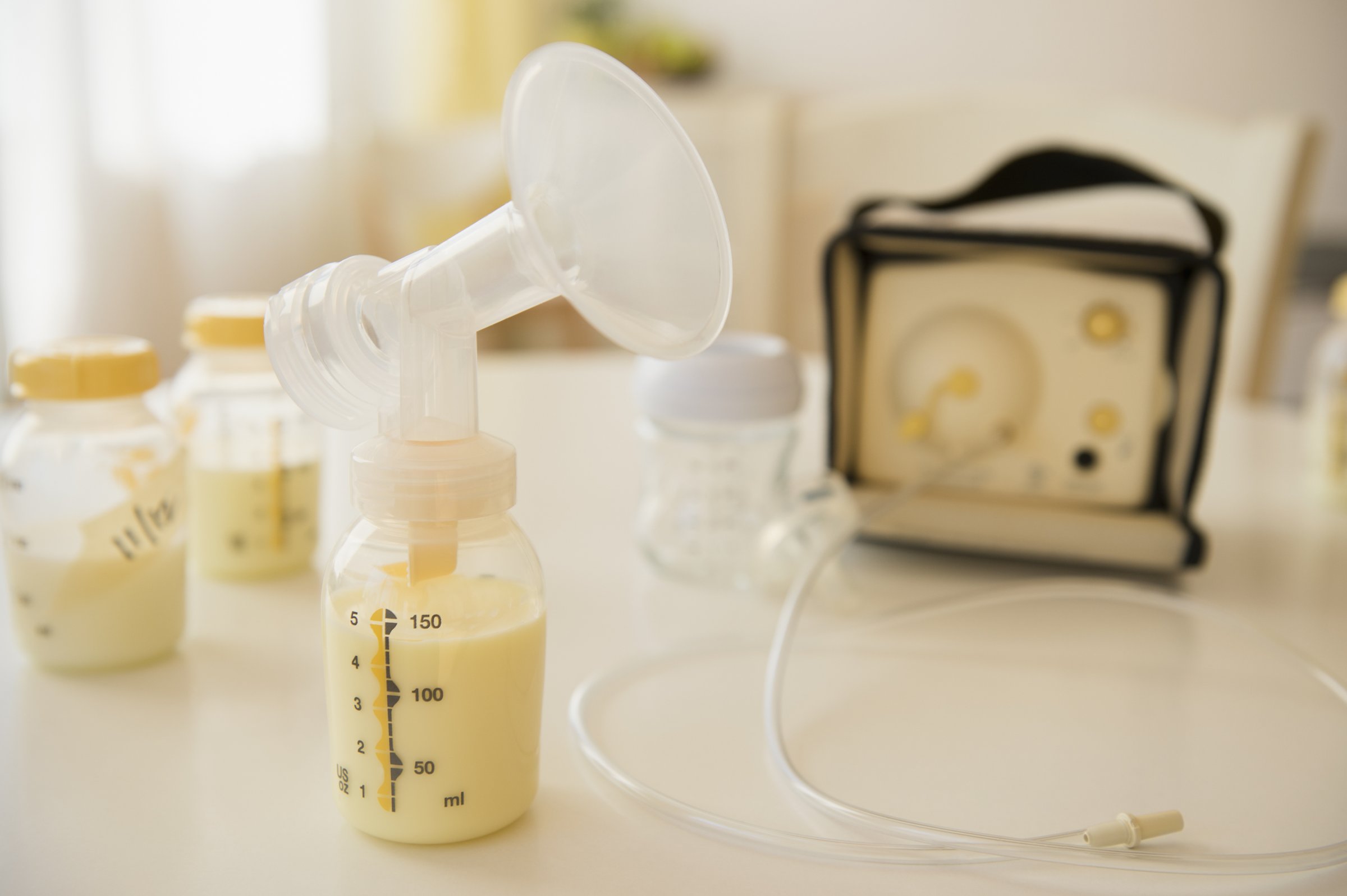
A mother in Wisconsin claims that she was not allowed to pump breast milk for her newborn daughter during her seven-day stint in jail that ended on Feb. 26. According to the allegations, both the woman’s health and that of the baby suffered as a result: she was unable to lactate afterwards and the baby suffered from digestive problems.
Officials at the prison said that they only allow women to pump their breast milk in cases where it’s medically necessary because they have limited refrigerator space. “We try to be very accommodating,” Sheriff John Gossage told the Green Bay Press-Gazette. “But the fact is that when you’re incarcerated, you lose a lot of privileges that you otherwise had when you’re not in jail.”
Britney Weber was imprisoned for two contempt of court charges in a traffic case and was unable to post her bond. Weber says that after a week of not being able to express her milk, her now four-week-old daughter, she no longer can breastfeed — a common problem among new moms whose nursing is interrupted.
It’s unclear whether Weber has filed a complaint, but the case brings up a serious issue: is providing nutrition to your newborn really a “privilege?” And why would only some kinds of nursing be considered a medical necessity?
“Everybody stresses the importance of breast-feeding,” Weber said. “You’d think that for people who were there for a short time, they would allow it.”
More Must-Reads from TIME
- Cybersecurity Experts Are Sounding the Alarm on DOGE
- Meet the 2025 Women of the Year
- The Harsh Truth About Disability Inclusion
- Why Do More Young Adults Have Cancer?
- Colman Domingo Leads With Radical Love
- How to Get Better at Doing Things Alone
- Michelle Zauner Stares Down the Darkness
Write to Eliana Dockterman at eliana.dockterman@time.com